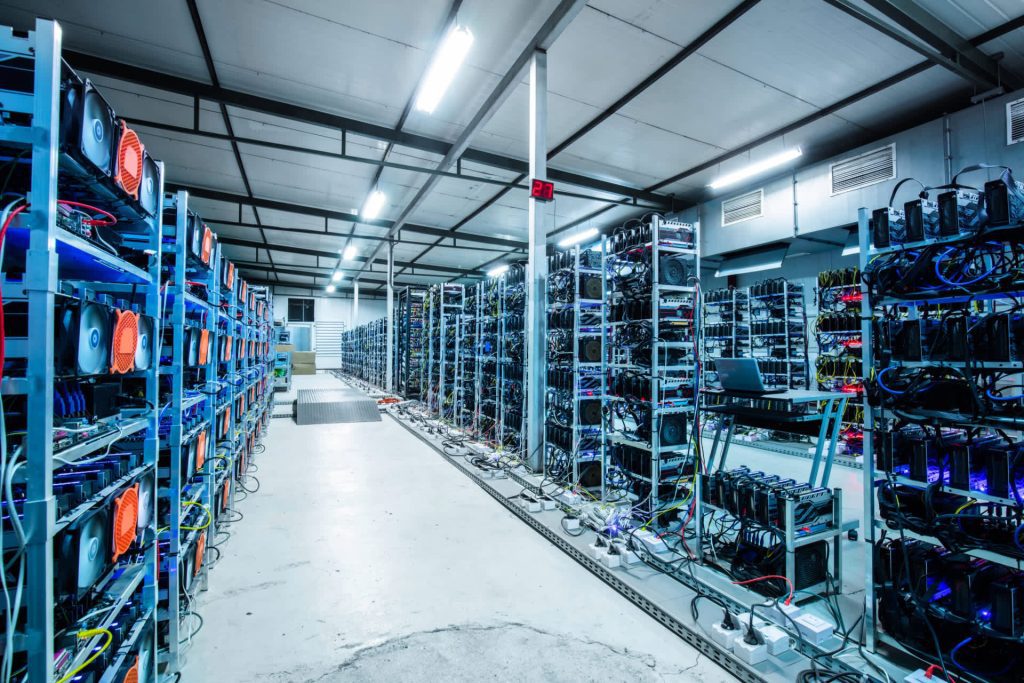Bitcoin Mining and Energy Opportunities
Recent research suggests that while there are ongoing concerns about Bitcoin’s energy consumption, it may also help address global energy issues, according to the crypto-focused media outlet CCN.com.
Mining Bitcoin has significant environmental implications, primarily due to the massive energy needed to operate large computer systems for blockchain block creation and transaction validation. The International Energy Agency reports that Bitcoin’s annual energy consumption accounts for approximately 0.4% of the global electricity usage.
When a cryptocurrency transaction occurs, cryptography ensures the security and validation of these transactions, making it nearly impossible to alter previous records. The substantial energy use is tied to the decentralized computer networks that facilitate this process by generating blocks containing transaction data.
Often, the energy used in Bitcoin mining is sourced from power plants relying on fossil fuels like natural gas and coal, which contribute to air pollution and climate change. CCN highlighted that Bitcoin’s daily energy usage could power roughly 8.4 million U.S. households for a full day.
The cooling requirements for these computer systems add to the energy demand, as they are frequently housed in air-conditioned facilities or subjected to water immersion cooling, which can lead to high water consumption as well. Additionally, the need for regular hardware upgrades creates considerable electronic waste, further intensifying mining’s environmental footprint.
In response to these challenges, industry experts are exploring how Bitcoin can potentially promote positive changes within the energy sector. Dylan Campbell and Alexander Larsen from IRM Energy and Renewables Group highlight that Bitcoin’s presence could facilitate the growth of affordable renewable energy solutions like solar and wind, minimize methane emissions, and help stabilize electricity networks.
By linking Bitcoin mining operations to the development of renewable energy, the profitability of such operations can increase, potentially reducing the overall reliance on fossil fuels. Some Bitcoin miners are collaborating with energy suppliers to operate during surplus energy production periods, aiding in grid stabilization and mitigating consumption spikes. Furthermore, the heat generated from Bitcoin mining could be harnessed for practical uses, such as heating buildings or pools, thereby lowering the net energy impact.



